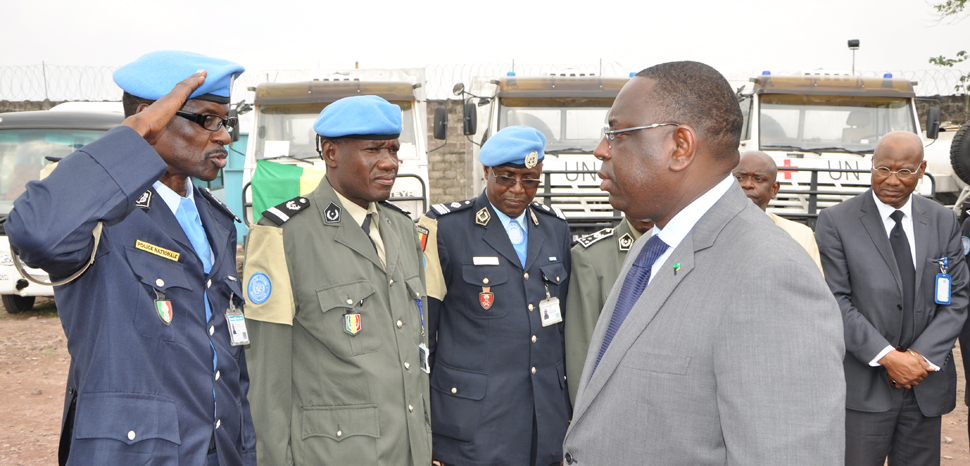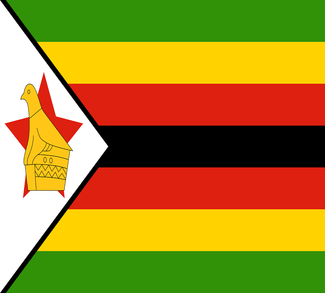Hundreds of supporters of opposition leader Ousmane Sonko clashed with police on March 3, when the former presidential candidate was heading to court to face a rape charge. The government subsequently blamed Sonko for the clashes, arresting him on charges of disturbing the public order
His arrest sparked more outrage among his supporters. This time, thousands took to the streets claiming the accusations of “disturbing the public order,” rape and Sonko’s subsequent arrest were all politically motivated acts. Protesters once again clashed with police, who responded with tear gas and rubber bullets. Amnesty International estimates at least eight people were killed during the clashes.
The protests finally subsided after the court released Sonko from jail on Monday. Though the charge of rape still stands.
Sonko has since called on his supporters to expand their rallies this week, though he emphasized that the protests should be peaceful.
Why does it matter?
Sonko is viewed as a leading candidate for the 2024 presidential election in which current President Macky Sall, in theory, cannot participate. The accusations against Sonko fit a suspicious pattern, one has befallen Sall’s political opponents in the past.
In 2019, Khalifa Sall, the former mayor of Dakar, and Karim Wade, the son of former president Abdoulaye Wade – both prominent rivals of President Macky Sall – were indicted on criminal charges which prevented them from running for president. The charges were eventually dropped after the election.
It’s possible that Sall or his party, the Alliance for the Republic, is paving the way for a possible third term for the sitting president – unlikely given he presided over the referendum to set term limits, but not out of the question – or a preferred party candidate in the next election.
There is another aspect to the rape charge, raised by Washington Post reporters Borso Tall and Danielle Paquette: the idea that, regardless of the veracity of the accusation, it has already been widely discounted as a political tactic. It’s already difficult to come forward as a rape survivor; this will make it more so.
How did we get here?
Events in Senegal are increasingly familiar. Both leaders seeking third terms (e.g. Alassane Ouattara in Ivory Coast or Alpha Condé in Guinea) and the tilting of election results to favor established party candidates (e.g. Niger and Ghana) are commonplace in the region.
Yet the track records of the incumbents do not always merit remaining in power, as their governance often disproportionately benefits their supporters and elites. Indeed, most of the anger in recent riots was fueled by growing resentment over coronavirus restrictions (which disproportionately affect the lower-earning informal economy), unemployment, corruption, and an ineffective and increasingly authoritarian government.
These problems are not restricted to West Africa.
Globally, there has been a spate of unrest and democratic backsliding. The riots in Chile, Peru, Ecuador, and Bolivia in 2019 are prime examples of how inequality fueled popular uprisings in what were, historically, stable countries. The riot at the US capitol on January 6 underscored the fact that no country is immune to these forces. It also highlighted the idea that democracies aren’t static; they deteriorate if not maintained.
In the case of Senegal, the country is relatively new to democracy—Senegal declared independence from France in 1960. So it’s less about maintenance and more about establishing a solid foundation after centuries of colonial rule.
What comes next?
If one were to describe the story of Senegal and the West African region it could be described as the “African Spring” meets Groundhog Day. The people grow tired of poverty and inequity. They demand and receive change, only to wake up and discover they are right back where they started—tired of poverty and inequity. As such, expect sporadic violent protests to continue through 2022 in Senegal, and across the region. Until leaders pair their progressive promises with progress, it will be the same story.
The tremendous youth population across West Africa should be an economic asset. But poor governance makes it a political burden. Moreover, ineffective governance is one of the underlying ‘invitations’ to violent extremism. Another one is a large pool of unemployed youth. It’s not a matter of fate that transnational extremist groups will expand into Senegal. But there is no need to make the country such an inviting target.
The views expressed in this article are those of the authors alone and do not necessarily reflect those of Geopoliticalmonitor.com or any institutions with which the authors are associated.




